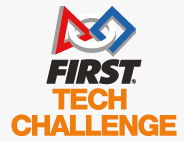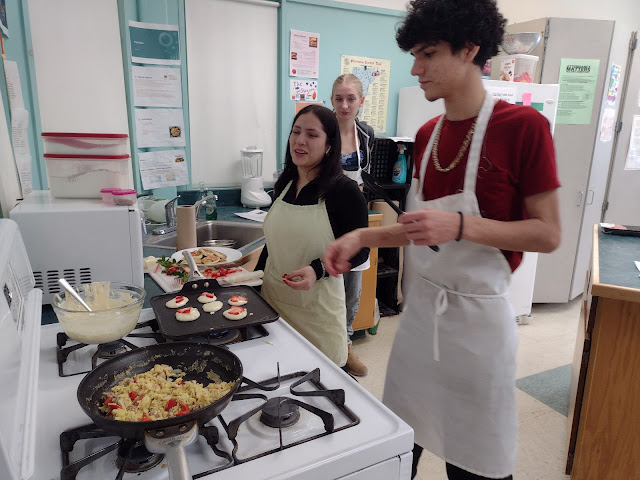
The BFA Robotics team works from October until the NE regional championship in March with hopes of making it to the world championships held every April. There are more than 600,000 students competing worldwide in which teams are responsible for designing, building, and programming their robots to compete in an alliance format against other teams. The competition changes every year adding elements the robot must perform in order to score the maximum amount of points. Teams, including coaches, mentors and volunteers, are required to develop strategy and build robots based on sound engineering principles. Awards are given for the competition as well as for community outreach,
Design/ Innovation as well as a number of other awards.
Mission
The mission of FIRST is to inspire young people to be science and technology leaders, by engaging them in exciting Mentor-based programs that build science, engineering, and technology skills, that inspire innovation, and that foster well-rounded life capabilities including self-confidence, communication, and leadership.
Vision
"To transform our culture by creating a world where science and technology are celebrated and where young people dream of becoming science and technology leaders." Dean Kamen, Founder
Goals for students to learn during the process:
Practicing gracious professionalism
Design, build, and program robots
Apply real-world math and science concepts
Develop problem-solving, organizational, and team-building skills
Compete and cooperate in alliances and tournaments
Compete for a spot in the World Championship
Qualify for over $30 million in college scholarships of which we have had three students receive grants totaling nearly $100,000 worth of scholarship money for being part of the the team.
Project Objectives
Students will design the robot to accomplish the specific task that is set by the First Technical Challenge team. Each game has several elements that can be completed in order to score points. Accomplishing this will be measurable in terms of team members learning and applying what they have learned in order to complete any specific task in the competition. There are three parts to the game. The autonomous, driver controlled and end game. The team can pick what they want the robot to do at any particular time. There are options where they can choose an easier task over a more complicated one if they deem that one to be achievable. Being realistic is a very important during the design, building and competing at the event. For the team members to understand what they have to the potential to accomplish with what they know, what they have and what they have the ability to learn in the given amount of time. What we want our team members to know and be able to do becomes very clear as the season progresses. There is nothing that is prescribed to each individual, each one is expected to self select, programming, design, chassis construction, power-plant, wiring management, marketing, game management, Engineering notebook throughout the entire build season. Within each of these they are encouraged to be open, thoughtful, listen and learn, as many of this teams lessons in each area are taught through mentorship, from older members on the team. Looking ahead and working to plan next steps, plan for problems and possible solutions in order to meet the task at hand is a true life lesson.
Awards: Team members have received many scholarships over the past 10 years to colleges and universities such as Syracuse, RIT, WPI, Clarkson and others totaling nearly $300,000.















































































